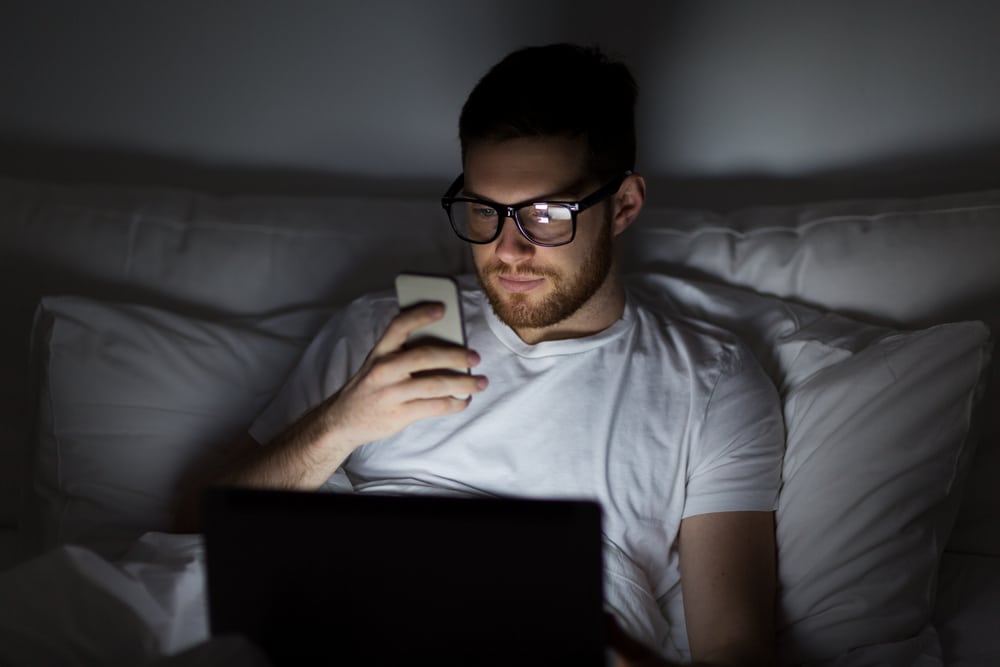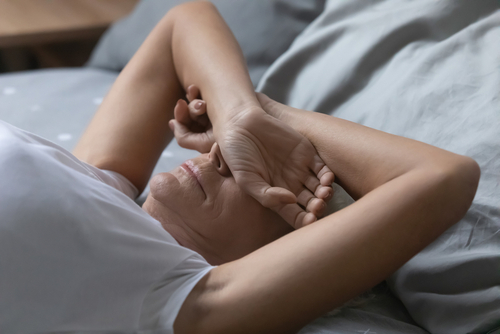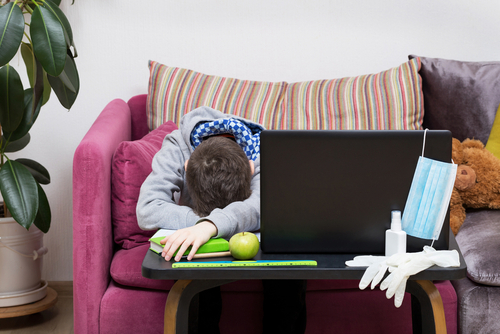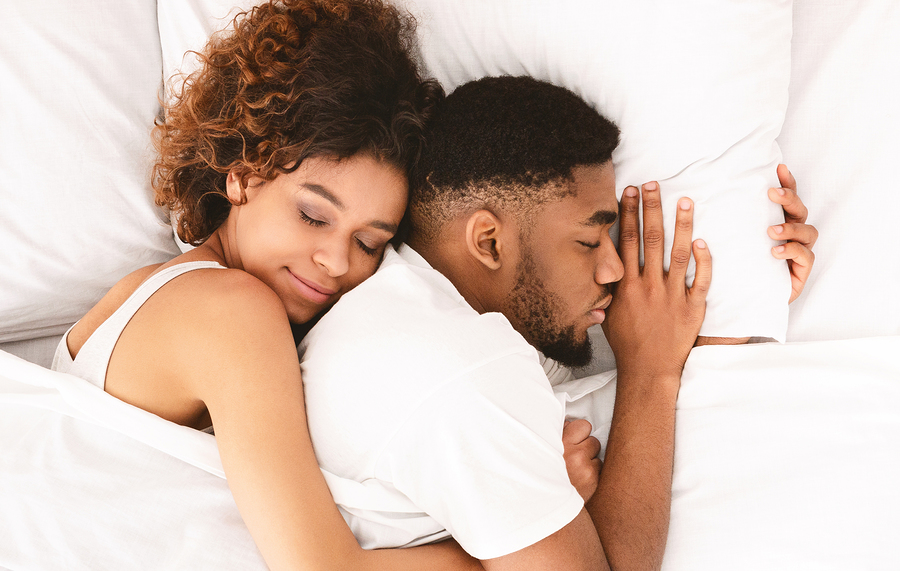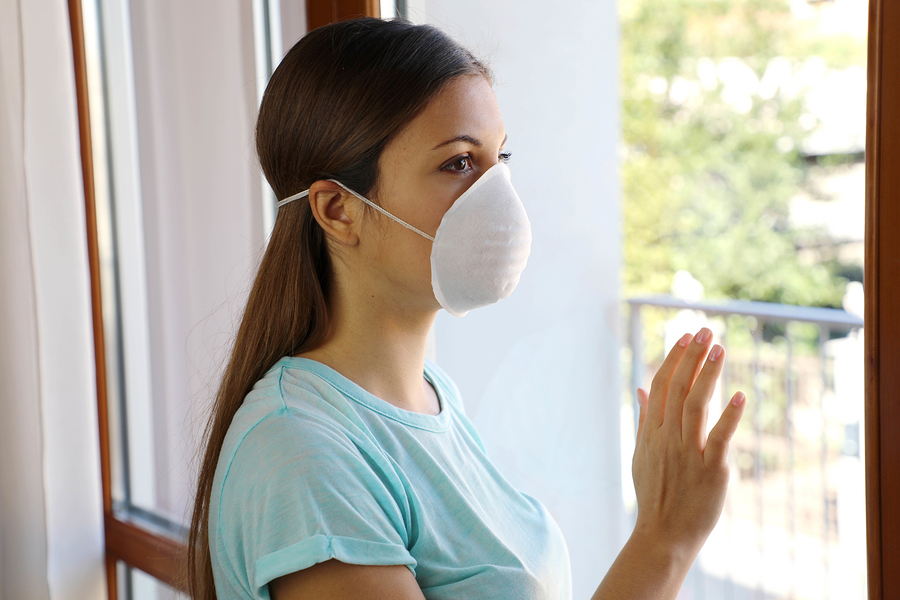Consistency and declutter. Two buzz words in the world of sleep. Good sleep hygiene starts with consistently waking up and going to sleep at the same time seven days a week, preferably without an alarm. This general rule is proven to give the best sleep.
Declutter your bedroom
Making your bedroom cool, quiet, dark and decluttered is part of ensuring a great night’s sleep. However, the decluttering should not just be for your room. Decluttering your mind and reducing stress are keys to your success.
Keeping your room clean, tidy and free from clutter can help create a calm, organised, relaxed bedroom in which to sleep in. A study from America’s National Sleep Federation (NSF) showed that 75% of people said they got a more comfortable night’s sleep when their sheets had a fresh scent.
Decluttering your mind, especially if you have been working late, is also a key part of getting to sleep easily. If you must work at night, don’t work in the bedroom. Instead, finish your work first, take a break or even do some meditation to settle your mind. Then leave everything outside your bedroom reinforcing to your brain that the bedroom is a space reserved for sleep (and sex) only.
Decluttering tips
Another simple trick is to write down your to-do list for the next day before you get into bed. So all of the things you are worried about getting done for the next day, or in a certain amount of time, are on paper. If you find your mind continuing to race once you are in bed, then put a pencil and paper next to the bed so you can get your thoughts out of your mind, rather than continuing to let your brain churn on and on.
Digital declutter
If you can follow it through (preferably as a family or couple), the first rule of decluttering is to remove all technology from the bedroom. This means your mobile phone, tablet and even your TV too. Removing your mobile in particular takes away the temptation to use it past your normal bedtime or first thing when you wake up. If you do chose to keep your mobile as an alarm, then put it away from your bed so you can’t use the snooze function which can interfere with healthy sleep.
Address stress and money worries
For over half of us, money worries and stress are the main things that stop us from falling to sleep easily. In addition, a third of us also wake up in the middle of the night with something on our mind.* Exercising in the morning and taking breaks throughout your day will release feel good endorphins, helping you reduce stress and get a better nights sleep.
Stress produces the flight or fight response in the body, raising our adrenalin levels, causing our muscles to tense and increasing our heart rate. At this point, our minds start to churn and our brain produces more beta waves which keep us awake and alert.
Declutter your mind
Learning to meditate is a great way to retrain your brain away from stressful, fear based thinking and also helps you to relax and get off to sleep more easily. Meditation is proven to have numerous health benefits, not least because it increases levels of the feel good endorphins and lowers the stress hormones such as adrenaline and cortisol.
Meditation can be done before getting into the bedroom, or sitting in your bedroom before you get into bed (in order to reinforce the protocol/sleep habit that your bed is for sleeping in). Guided meditations with CDs and recordings are a great way to wind down.
*Warren Evans survey, 2016


